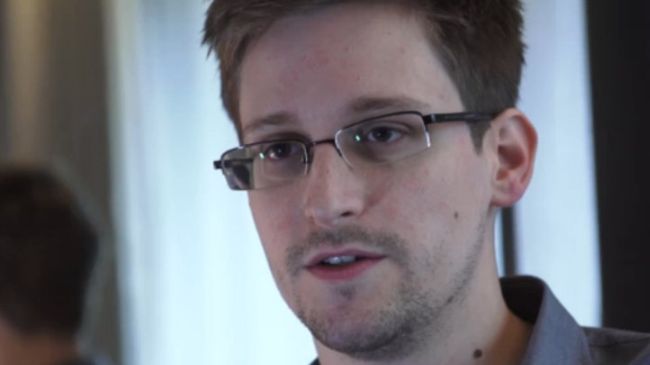Edward Snowden to speak at SXSW

 American whistleblower Edward J. Snowden will speak at SXSW, a leading media, technology and music festival in Austin, Texas next week, organizers said.
American whistleblower Edward J. Snowden will speak at SXSW, a leading media, technology and music festival in Austin, Texas next week, organizers said.
The former National Security Agency contractor will appear via video conference at this year’s South by Southwest interactive Conference.
Snowden has been living in Russia under temporary asylum since he leaked a cache of highly-sensitive documents about the United States’ spying programs.
Snowden will participate in a conversation with the American Civil Liberties Union on Monday, March 10 at noon ET, talking about “the impact of the NSA’s spying efforts on the technology community, and the ways in which technology can help to protect us from mass surveillance,” SXSW said.
It also said that the conversation will be moderated by “Ben Wizner, who is director of the ACLU’s Speech, Privacy & Technology Project and Edward Snowden’s legal advisor.”
According to CNN, those in the audience will be allowed to ask questions during the teleconference.
Josh Baer, a SXSW festivalgoer, said, “the news and the government each have so many different perspectives.” He added, “it’s always refreshing to get it straight from the source.
Some reports said the teleconference took SXSW Interactive director Hugh Forrest three months to get Snowden to participate.
Glenn Greenwald, a civil liberties lawyer and journalist, and Julian Assange, the WikiLeaks founder, will among others who are scheduled to also speak at SXSW.
Snowden is wanted in the United States on espionage charges. He has given several interviews since last year on how the US government systematically monitors phone and internet data worldwide.
Snowden’s revelations deeply embarrassed the administration of President Barack Obama, forcing him to announce in January that the US government was banning eavesdropping on the leaders of close allies.







